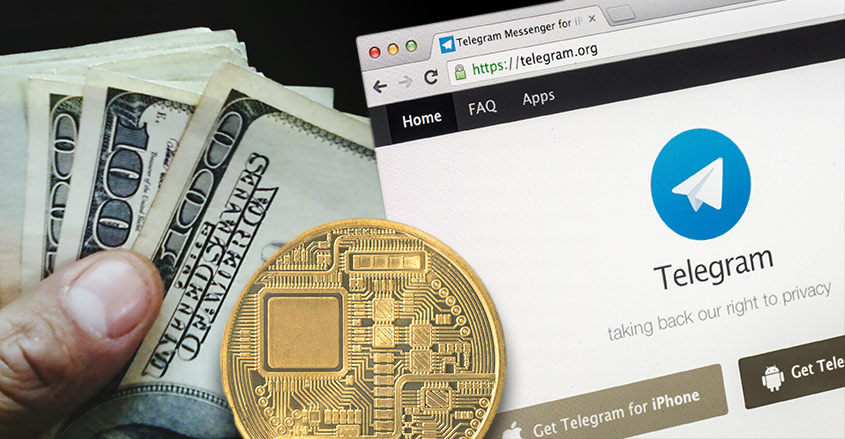Messaging app company Telegram already has raised more than $1.7 billion dollars from small investors for its planned cryptocurrency launch.
An ICO is a fundraiser designed to back cryptocurrency-centric business endeavors. Telegram’s first ICO already was the largest on record, amassing more than $850 million.
The five-year old company has more than 90 accredited investors pledged to finance Telegram’s cryptocurrency, which might be called “TON,” named after its blockchain, the Telegram Open Network.
TON will be an Ethereum-style cryptocurrency platform with DNS service, apps, file storage and an online store.
The $1.7 billion benchmark may not be Telegram’s ICO financing cap either.
Matthew Green, professor at Johns Hopkins University and cryptocurrency expert, sees potential in Telegram’s initiative.
“To their credit, Telegram has shown that it can execute and get software written,” Green said.
“That’s actually a big deal when it comes to blockchain projects.”
Critics of Telegram’s ICO initiatives believe that its blockchain ambitions are sorely short on achievable details.
Also, the company’s valuation may be inflated due to speculation and hype instead of the technology’s viability.
Unclear
First-round ICO investors complained of non-uniform terms tailored to raise funds without clarification.
Carlos Mosquera of Solidus Capital says he passed on Telegram’s first ICO and was not invited to the second.
Mosquera said that multiple Telegram representatives presented differing pitches and financing prices.
“We passed because we received two or three different terms and deals by the same ICO. None of the information was clear,” said Mosquera.
Speculation abounds that Telegram may be soliciting funds from accredited investors to sidestep heightened regulations.
Accredited investors can invest in ICOs under relatively lenient regulation.
While Green praised Telegram’s fundraising acumen, he also believes its ICO may be an opportunistic money grab.
“I’ll be honest, the white paper reads like someone went out on the Internet and harvested the most ambitious ideas from a dozen projects,” said Green.
“It feels unachievable, at least at the scale they’re aiming for now,” said Green.


